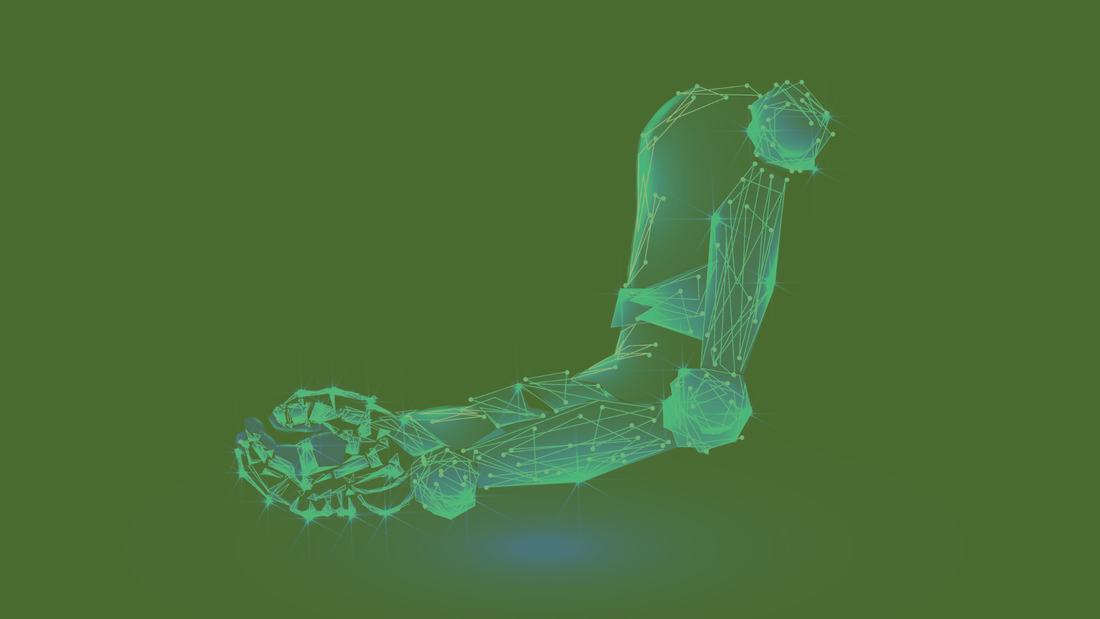0191 375 0256 .
ADELAIDE COURT, BELMONT BUSINESS PARK, DURHAM, DH1 1TW
|
We are at an exciting time in neurorehabilitation - we are discovering more and more about our brain and nervous system and how we can adapt to life-changing injuries by harnessing the potential of technology to push the boundaries of what is currently possible. Our previously unseen electrical and brain activity can be enhanced to enable us to visualise our emotions, communicate when we can’t speak, lift limbs that we have difficulty moving. We can be transported to far off, fantastical lands from the comfort our armchairs by putting on a VR headset, and exercise on a treadmill without being able to walk. This is not just the stuff of Hollywood movies and fantasy novels, but real life that can be seen, touched and used in rehabilitation centres across the world right now… So, how do we ensure that this technology is accessible, appropriate and enables the people using it to achieve their goals and aspirations? How we do prevent exoskeletons from gathering dust in cupboards or the corners of therapy rooms? How do we justify and prove that these technologies make a difference and are worth the investment? Firstly we need to keep in mind who the technology is for. We are adaptable, complex systems that require varied, intensive, targeted opportunities to refine and improve our abilities. We know about “practice makes perfect” – practice needs to be the right amount, in the right place, at the right time… for a purpose and have meaning, not necessarily helping us achieve perfection. One size definitely does not fit all. Secondly we need to coproduce, collaborate, and cooperate to share knowledge and skills – it is essential the end user is part of the team. It is totally possible to repurpose and adapt current technologies that are already in use such as robots and VR games for the rehabilitation market. What works in one setting does not necessarily work in others. It is a great opportunity to design and manufacture technology that is fit for purpose, which can be updated and upgraded and recycled. Thirdly, we will still need therapists and case managers. (You probably think that this is because I am one…”so you would say this wouldn’t you”). Technology is not a magic bullet and will not replace therapists or therapy or the need for case management. It will enable more people to participate in high dose, high quality rehabilitation that is commissioned by case managers and structured by therapists as part of their individual rehabilitation programme. Therapists need to be open-minded and given access to systems and training that enables them to use their clinical reasoning to consider technology as a viable option as part of their treatment plan. Case managers need to keep up to date with innovations and technologies by networking and sharing information so that our clients have the possibility of being able to access neurotechnology now and in the future when this is appropriate. Lastly, technology has the potential to transform the rehabilitation experience of people affected by life changing injuries and our understanding of the brain and nervous system. By trialling available technologies with people who may benefit from them and being able to demonstrate tangible changes in function – enabling people to thrive, not just survive – we have the potential to create a very different future for all of us. If you are curious about neurotechnology and how it could benefit your clients and services, get in touch. I would welcome the opportunity to explore this further and share my experiences with you. Leave a Reply. |
Social ReturnSocial Return News & Events Archives
April 2023
Categories |



 RSS Feed
RSS Feed



8/10/2021
0 Comments